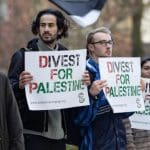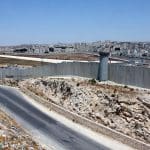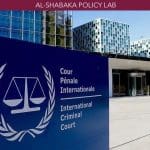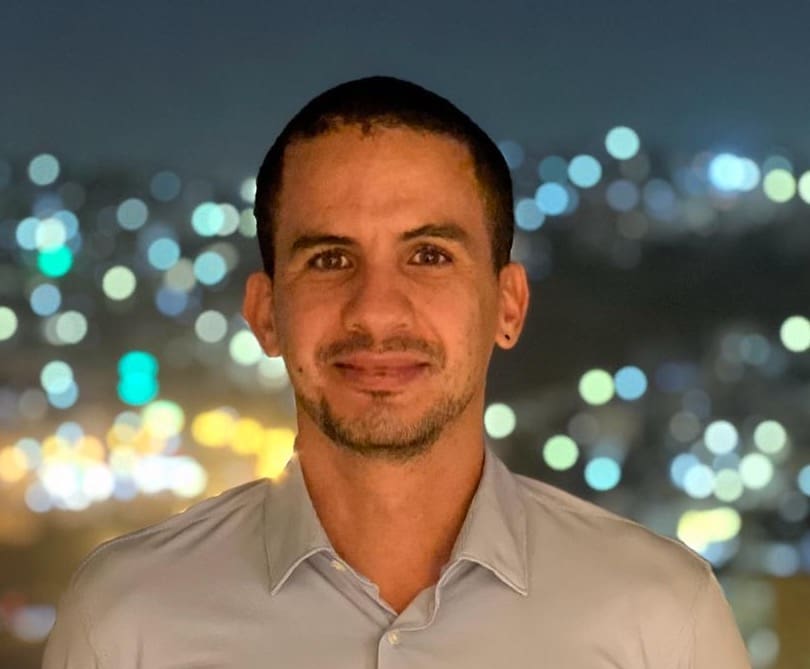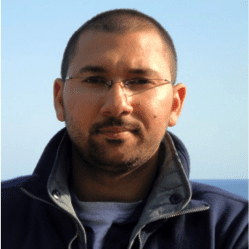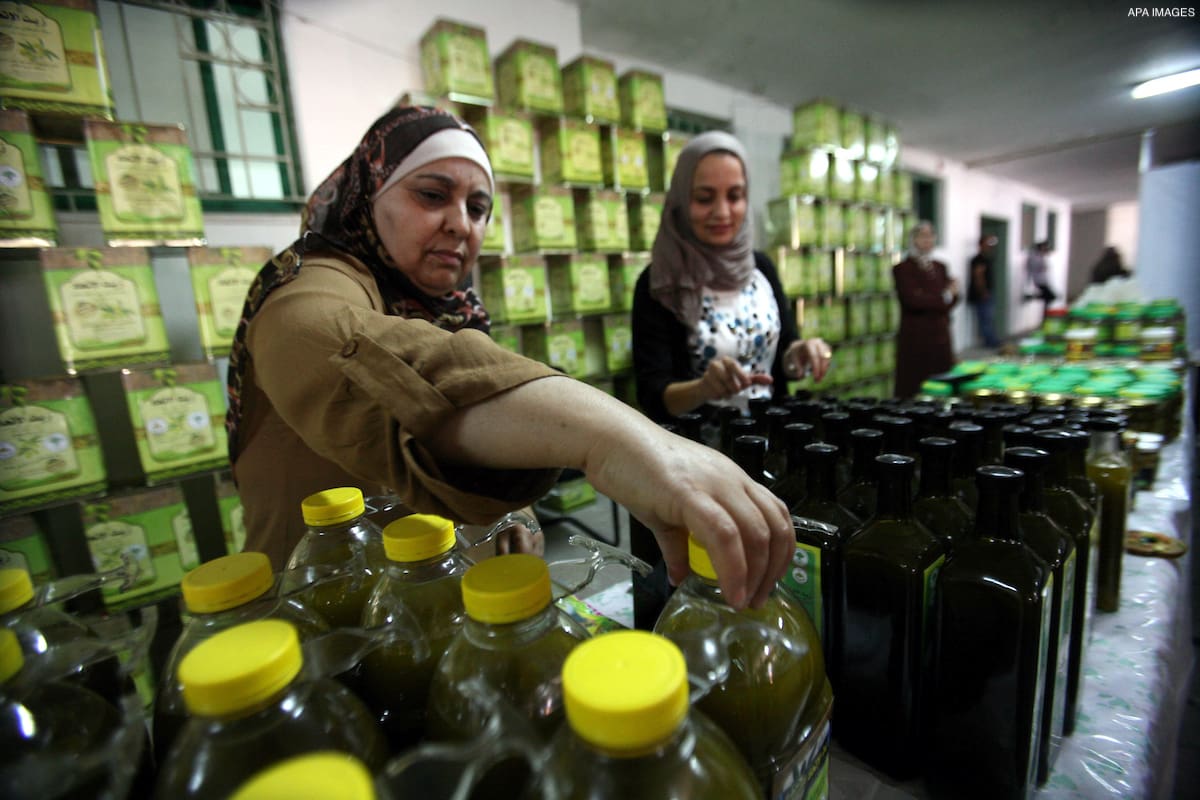
As the Palestinian general elections fast approach, many are wondering whether new leadership would create opportunities for self-determined Palestinian economic development.
But with Israel’s ongoing siege, occupation, and fragmentation of Palestinians, and the COVID-19 pandemic crippling the Palestinian leadership’s ability to meet people’s most basic needs, can Palestinians really anticipate significant changes to their daily lives in the months and years ahead? More broadly, what are the impacts of international aid and “economic peace” initiatives on Palestinian aspirations for economic sovereignty, and which policies would actually benefit Palestinians?
In this policy lab, Al-Shabaka analysts Leila Farsakh and Ibrahim Shikaki join host Nadim Bawalsa to discuss these questions and more.









